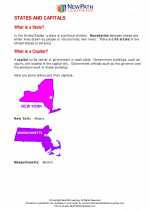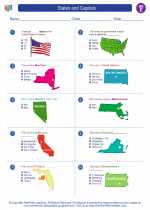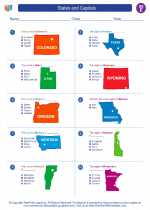Republic
A republic is a form of government in which the country is considered a "public matter" and not the private concern or property of the rulers. In a republic, the country is considered a "res publica", which means "public affair" or "public thing". This form of government is based on the idea that power is vested in the people, who exercise their power through elected representatives.
Key Features of a Republic:
- Representative Government: In a republic, the people elect representatives to make decisions on their behalf.
- Separation of Powers: The government's powers are divided among different branches, such as the executive, legislative, and judicial branches, to prevent any one branch from becoming too powerful.
- Rule of Law: The government is bound by a set of laws that apply to everyone, including the rulers.
- Protection of Individual Rights: A republic aims to protect the rights and freedoms of its citizens, often through a written constitution.
Examples of Republics:
Some examples of republics include the United States, France, Germany, India, and Brazil. These countries have elected representatives, a separation of powers, and a commitment to upholding the rule of law and individual rights.
Study Questions:
- What is the meaning of "res publica" in the context of a republic?
- Explain the concept of separation of powers in a republic.
- How does a republic protect the rights of its citizens?
- Provide examples of republics around the world.
[Republic] Related Worksheets and Study Guides:
.◂Social Studies Worksheets and Study Guides Fifth Grade. States and Capitals
Study Guide States and Capitals
States and Capitals  Worksheet/Answer key
Worksheet/Answer key States and Capitals
States and Capitals  Worksheet/Answer key
Worksheet/Answer key States and Capitals
States and Capitals  Worksheet/Answer key
Worksheet/Answer key States and Capitals
States and Capitals 

 Worksheet/Answer key
Worksheet/Answer key
 Worksheet/Answer key
Worksheet/Answer key
 Worksheet/Answer key
Worksheet/Answer key

The resources above cover the following skills:
Geography: A student should be able to utilize, analyze, and explain information about the human and physical features of places and regions. A student who meets the content standard should:
Understand that a region is a distinct area defined by one or more cultural or physical features.